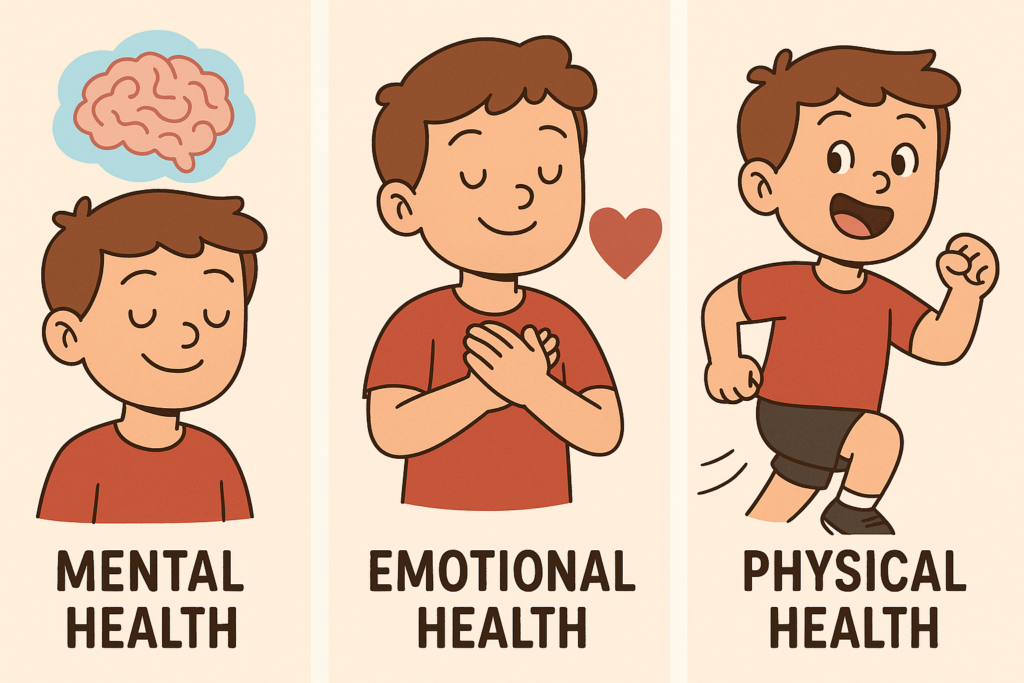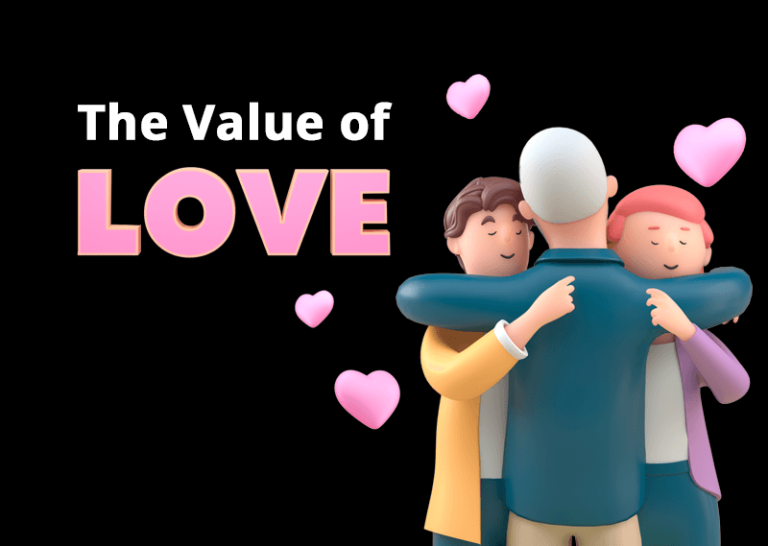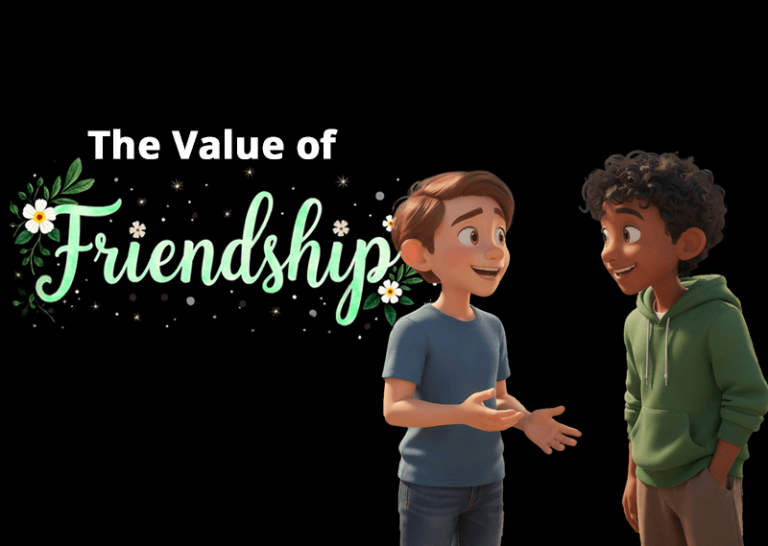
The Healing Power Of Forgiveness. Forgiveness is one of the most profound yet often misunderstood acts of human compassion. It’s about more than just letting go of a grudge or moving past a moment of pain; forgiveness has the ability to transform lives in ways that are both deeply personal and universally impactful.
Whether it’s forgiving someone who has wronged you, healing from betrayal, or even forgiving yourself for past mistakes, the act of forgiveness can unlock a sense of freedom and peace that many people seek but rarely understand how to achieve.
Why is forgiveness so powerful? It’s not just an emotional release—it’s a practice that can significantly impact your mental, emotional, and even physical well-being. Studies have shown that forgiveness can reduce stress, improve relationships, and even lead to better heart health. Holding onto anger or resentment, on the other hand, can weigh heavily on your mind and body, creating a cycle of negativity that can be difficult to break.
But forgiveness isn’t always easy. It requires strength, humility, and a willingness to let go of pain in the hopes of creating a brighter future. For many, the practice of forgiveness is deeply spiritual. In the Bible, forgiveness is not only encouraged but commanded as a cornerstone of faith and love.
As Ephesians 4:32 reminds us: “Be kind to one another, tenderhearted, forgiving one another, as God in Christ forgave you.” This verse highlights the divine grace in forgiveness and calls us to emulate that same grace in our own lives.
This blog delves into the healing power of forgiveness, exploring its transformative benefits and offering actionable steps to help you integrate this practice into your daily life.
Whether you’re seeking to mend a broken relationship, find closure from past wounds, or simply cultivate more compassion, forgiveness is a powerful tool that can guide you toward a more peaceful and fulfilling life. Let’s explore how forgiveness can heal not only your heart but also your mind and spirit.
Why Forgiveness Matters
The Healing Power Of Forgiveness: At its core, forgiveness is the conscious decision to release feelings of resentment or vengeance toward someone who has harmed you, regardless of whether they explicitly apologize or make amends. It doesn’t mean excusing the harm done or forgetting the wrong, but rather choosing emotional and mental freedom over anger and pain.
Forgiveness holds immense importance in personal growth, mental health, and even spiritual perspectives. When you forgive, you don’t just unlock peace for others; you also unlock it for yourself.

Understanding the Benefits of Forgiveness
The Healing Power Of Forgiveness isn’t just an act of kindness; it’s one of self-care. Research underscores the profound ways forgiveness positively influences your mental, emotional, and physical well-being. Let’s break it down
- Mental Health Benefits
– When you forgive, you experience relief from negative emotions such as anger, guilt, or hatred. Studies have shown that forgiveness reduces stress, anxiety, and symptoms of depression. By letting go of toxic resentment, you mentally shift to a lighter, freer state. Example: A study published in the Journal of Behavioral Medicine found that forgiveness is correlated with lower heart rates, reduced stress, and a generally positive outlook on life. - Emotional Benefits
– Anger and resentment are burdens that weigh heavily on the heart. Forgiveness allows you to break free from these chains and opens the door to emotional balance. Moving past hurt enables you to experience greater empathy, compassion, and emotional clarity. Example: Think about how freeing it feels to reconcile with someone after a heated disagreement. That uplifted feeling stems from forgiveness, as you release old grudges and reconnect on a more genuine level. - Physical Health Benefits
– Surprisingly, forgiveness also has measurable effects on physical health! By reducing stress, forgiveness lowers blood pressure, strengthens immune function, and even improves sleep quality. Chronic anger, on the other hand, has been associated with increased risks for illness, including heart disease. Example: Researchers from Hope College found that individuals who practiced forgiveness experienced a significant decrease in physical tension and reported longer-term physical well-being than those harboring resentment.

The Process of Forgiveness
The Healing Power Of Forgiveness doesn’t happen overnight. It’s a deliberate, often difficult, and a process that requires time and effort. Below are five practical steps to help you forgive, whether it’s forgiving yourself or someone else.
1. Acknowledge the Hurt
The first step is recognizing what caused your pain and how deeply it has affected you. Avoid burying these emotions. Give yourself permission to feel them before starting the healing process.
2. Shift to Empathy
Try to understand the other person’s perspective, even if you don’t agree with their actions. Understanding doesn’t mean excusing but helps you humanize their behavior. This mental exercise makes forgiveness more achievable.
3. Decide to Forgive
Once you’ve processed your emotions and empathized, make a conscious choice to forgive. Remember, forgiveness doesn’t require an apology in return. This decision is for you.
4. Release and Reframe
Consciously release feelings of anger or bitterness. Replace these with thoughts that bring you peace or gratitude. Journaling and meditation can also help you reframe your emotions.
5. Set Boundaries Where Needed
Forgiveness doesn’t necessarily mean reconciliation. If someone’s actions repeatedly harm your well-being, forgive them but establish boundaries to protect yourself moving forward.
Overcoming Obstacles to Forgiveness
Forgiving isn’t always easy. There are obstacles, such as lingering anger, fear of vulnerability, or the belief that forgiveness excuses bad behavior. Here’s how to overcome some of these challenges:
- The fear of appearing weak: Recognize that forgiveness is a strength, not a weakness. It takes courage and emotional maturity to release resentment.
- Unwillingness to forget: Forgiveness isn’t about forgetting but about shifting the emotional power the situation holds over you.
- Repeated harm: If someone shows no resolve to change harmful behavior, prioritize self-preservation while still practicing forgiveness in your heart.
Forgiveness in Relationships
Forgiveness is a foundation for building stronger and healthier relationships. Relationships thrive on trust, understanding, and grace. Holding grudges, however, breeds resentment, which can damage even the strongest bonds.
When you forgive within a relationship, whether with a partner, family member, or friend, you allow the relationship to heal and grow. It demonstrates commitment and the willingness to work through challenges together.
Tip: Approach forgiveness in relationships with open communication. Express how their actions made you feel and actively listen to their perspective. This fosters mutual respect and deeper connection.
Don’t Forget Self-Forgiveness
While forgiving others is important, many people overlook the need for self-forgiveness. If guilt and regret consume you, they can prevent you from moving forward in life.
Steps Toward Self-Forgiveness
- Acknowledge your mistakes
- Take responsibility for your actions
- Evaluate what you’ve learned from the experience
- Decide to make amends where necessary
- Release guilt and show yourself compassion
You deserve the same kindness you extend to others. Self-forgiveness is not about making excuses for your actions but about learning, growing, and allowing yourself peace.
Make Forgiveness a Way of Life
Forgiveness is a practice, not a one-time decision. By intentionally making forgiveness a part of your life, you’ll cultivate healthier relationships, improved mental and physical health, and a sense of peace that radiates throughout your daily interactions.
Stepping into forgiveness may feel difficult at first, but the freedom it brings is worth every effort. Commit to the practice of forgiveness today, and you’ll discover its healing power in all areas of your life.
The Ultimate Example of Forgiveness
The most profound examples of forgiveness is our Lord and Savior Jesus Christ. While enduring unimaginable suffering on the cross after being brutally beaten, mocked, and humiliated, Jesus still chose to extend grace and compassion.
He said aloud, “Father, forgive them, for they know not what they do” (Luke 23:34). This happened when Heavenly Father fully withdrew His presence, leaving Jesus to face the immense burden alone as He completed His mission. In His anguish, Jesus cried out, “My God, my God, why have You forsaken me?”
Even in the midst of profound pain and injustice, this moment embodies the ultimate act of forgiveness and unconditional love.
It stands as a powerful reminder that, even in the most difficult circumstances, letting go of resentment and choosing forgiveness paves the way to peace and healing. There is no other path—this is the only way.
Without Jesus Christ, we could not fully grasp the depth of forgiveness, for it is the highest expression of love, unshakable and divine. Forgiveness sustains itself because it flows from God.
“Greater love has no one than this, than to lay down one’s life for his friends.” (John 15:13)

MORE TO WATCH
Explore Living Scriptures+
The story of the Good Samaritan teaches us that loving God means loving others with compassion and kindness, no matter who they are. Jesus showed that true devotion to God isn’t just about words or rituals—it’s about action. When we care for those in need, even strangers, we show our love for God through our love for His children.
👉 Ready to be inspired? Start streaming these and other great Christian movies on Living Scriptures+, where faith and storytelling come together.












